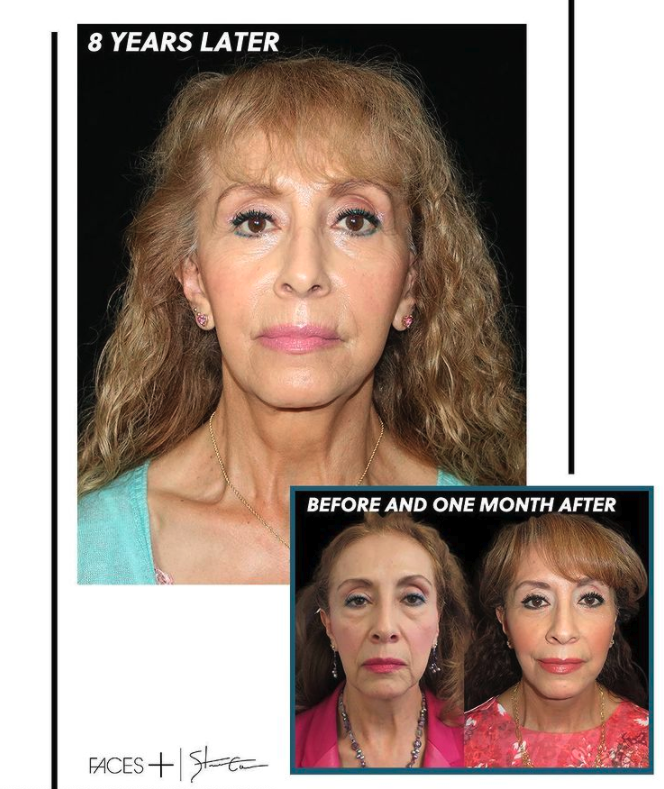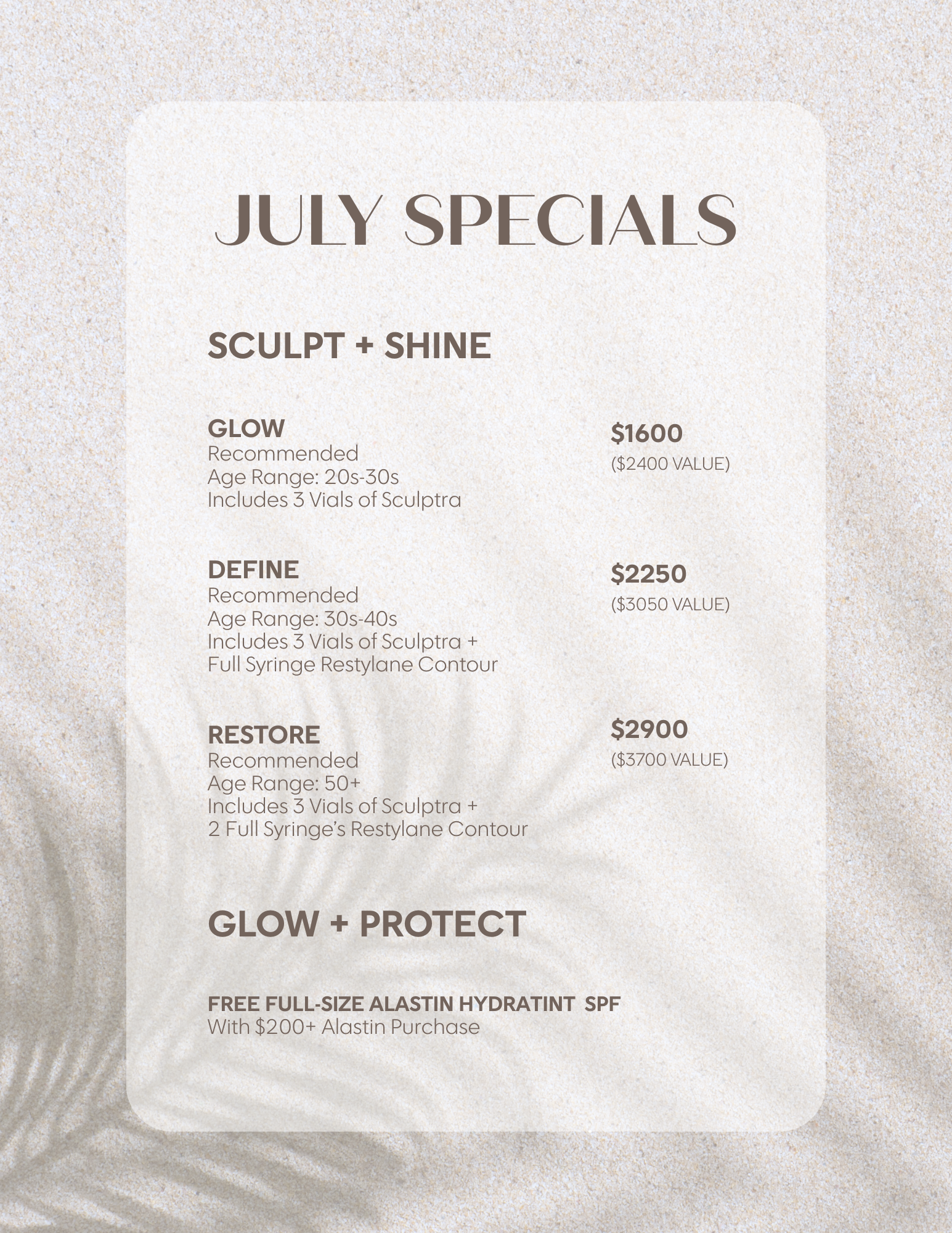Revision Decision
So you got a procedure and you’re not loving the outcome. This can be a stressful situation to be in but don’t fret! Many aesthetic procedures are reversible or can be revised. It takes a skillful practitioner to manage more complicated revisions. We’ll go down the list of what procedures are commonly revisable after the initial change.
Hyaluronic Acid Fillers
If you’re not loving the look of your newly injected lips you can always get the filler dissolved as long as they were originally filled with hyaluronic acid fillers. This also applies as a solution to fillers that migrated over time. The process of this involves the clinic administering a solution called hyaluronidase. Expect some stinging to occur during the injection process. It takes effect immediately and continues to break down filler for about 3 days after injection. You may need more than one round of dissolving injections depending on how much filler was present before.
Make sure to ask your provider if the filler they recommend is reversible and if they have the tools to reverse the fillers should you need it. In a worst-case scenario, filler complications can occur and it’s imperative you see a physician that can handle these critical events in their office.
Surgical Revisions
Sometimes revisions are unavoidable with certain procedures. Here is Dr. Cohen’s approach to revisions and his explanation of their prevalence in the field of plastic surgery:
“Surgical revisions are part of the surgical journey in some cases. Most plastic surgeons will discuss with you even after a simple breast augmentation, that in America 30% of women have a revision in the first four years for a variety of things that are not within the surgeon’s control.”
Dr. Steven Cohen
Some factors like:
- Healing
- Tissue accommodation
- Scar tissue build-up
are all attributed to the need for revision surgery.
Stress Relaxation

Dr. Cohen likens what happens to a facelift over time to what engineers experience with their buildings:
“In regards to facelifts, when you pull the skin tight it will eventually relax. Something engineers call creep stress or creep.”
Dr. Steven Cohen
Most patients are thrilled with their surgical outcomes, but when you are working with tissues that have a high degree of variabilities such as a rhinoplasty, breast augmentation, or a facelift – revision is not improbable.
It’s Wise to Revise
In short, revisions shouldn’t be something to fear. A reputable surgeon educates you on these possibilities and should know exactly how to handle them if they arise.




